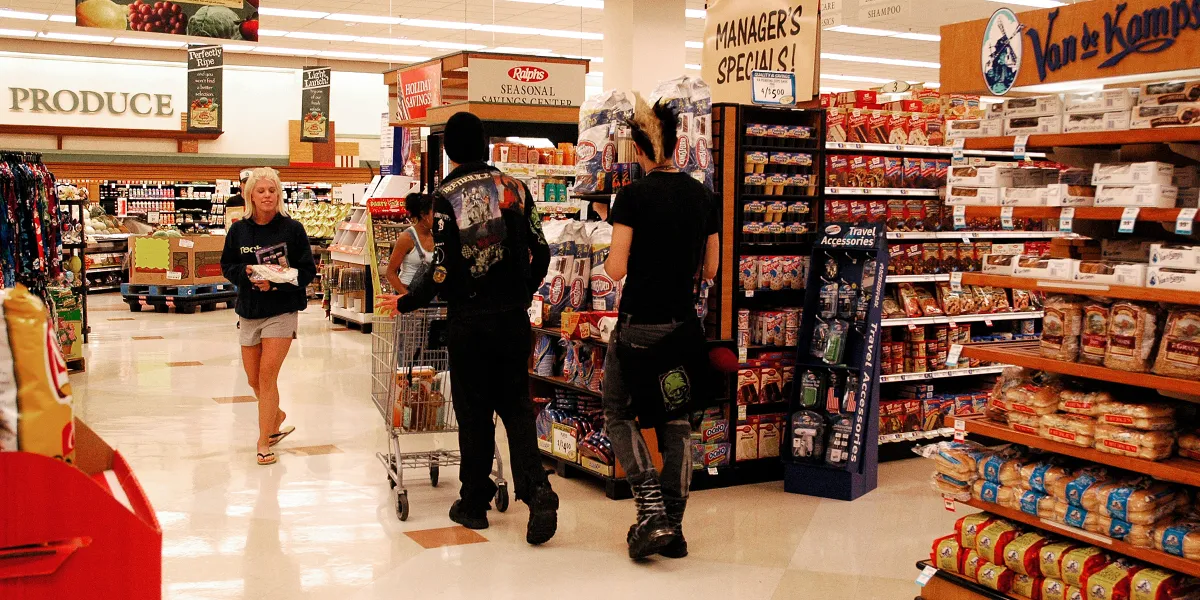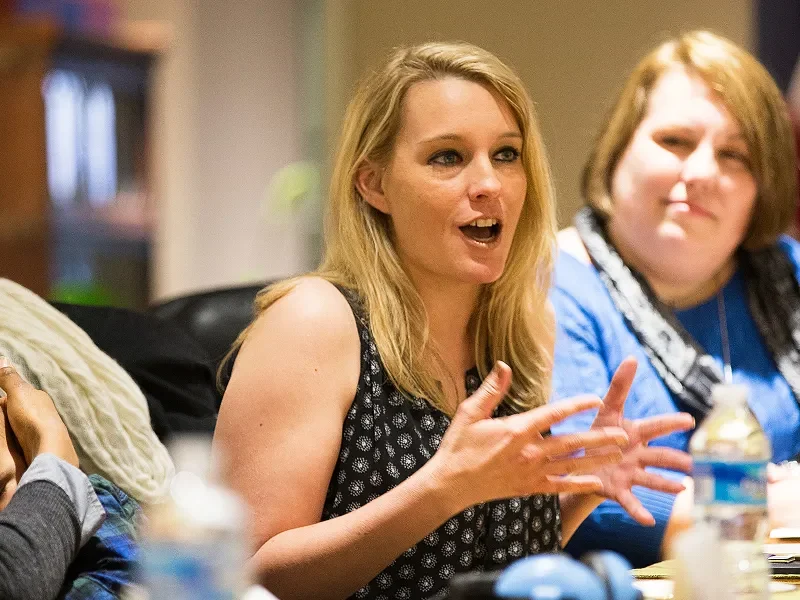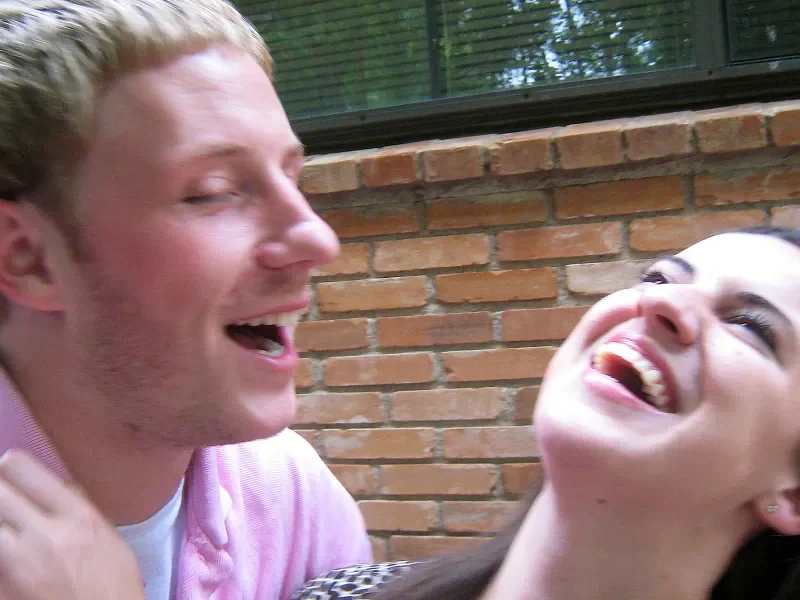At 90 years old, I disguised myself as a homeless man and walked into one of my own supermarkets — just to see who would treat me like a human being. What I discovered shattered me… and changed everything.
I never thought I’d be one of those old fools pouring his soul out to strangers online. But when you’re 90, you stop caring about appearances. You just want the truth out before the coffin lid closes.
My name’s Mr. Hutchins. For seventy years, I built and ran the biggest grocery chain in Texas. Started with one dingy corner shop after the war, back when you could buy a loaf of bread for a nickel and nobody locked their front doors.
By the time I turned 80, we had locations in five states. My name was on the signs, on the contracts, on the checks. Hell, people used to call me the “Bread King of the South.”
But let me tell you something most rich men won’t admit: money doesn’t keep you warm at night. Power doesn’t hold your hand when the cancer hits. And success? It sure as hell doesn’t laugh at your bad jokes over breakfast.
My wife died in ’92. We never had children — never could. And one night, sitting alone in my 15,000-square-foot mausoleum of a mansion, I realized something chilling.
When I die… who gets it all? Who deserves it?
Not some greedy board of directors. Not a lawyer with a perfect tie and a shark’s smile. No. I wanted someone real. Someone who knew the value of a dollar, who treated people right even when no one was looking. Someone who deserved a shot.
So I did something no one saw coming.
I put on my oldest clothes, rubbed dirt on my face, and skipped shaving for a week. Then I walked into one of my own supermarkets, looking like a man who hadn’t had a hot meal in days.
That’s when the real story begins. And trust me… You won’t believe what happened next. The moment I stepped inside, I felt eyes stabbing me like needles. Whispers hit me from every direction.
A cashier, no older than twenty, wrinkled her nose and muttered to her coworker, loud enough for me to hear: “Jeez, he smells like garbage meat.” They both laughed.
A man in line grabbed his son’s hand and pulled him close. “Don’t stare at the bum, Tommy.” “But Dad, he looks—” “I said don’t.”
I kept my head down. Every limp step felt like a test, and the store, a kingdom I built with blood, sweat, and decades, had become a courtroom where I was the accused.
Then came the voice that boiled my blood.
“Sir, you need to leave. Customers are complaining.” I looked up. It was Kyle Ransom—floor manager. I’d promoted him myself five years ago after he saved a shipment from getting destroyed in a warehouse fire.
Now? He didn’t even recognize me.
“We don’t want your kind here.”
Your kind. I was the kind that built this floor. Paid his salary. Gave him his damn Christmas bonuses.
I clenched my jaw. Not because the words hurt, they didn’t. I’ve fought in wars. Buried friends. Been through worse. But because in that moment, I saw the rot spreading through my legacy.
I turned to leave. I’d seen enough.
Then— “Hey, wait.”
A hand touched my arm. I flinched. Nobody touches the homeless. Nobody wants to.
He was young. Late twenties. Faded tie, sleeves rolled up, tired eyes that had seen too much for his age. His name tag said Lewis Carter — Junior Administrator.
“Come with me,” he said gently. “Let’s get you something to eat.”
I gave him my best gravel-voiced croak. “I got no money, son.”
He smiled, and for the first time in years, it wasn’t fake. “That’s okay. You don’t need money to be treated like a human being.”
He led me through the stares, past the whispers, into the staff lounge — like I belonged there. He poured me a hot cup of coffee with shaking hands and handed me a wrapped sandwich.
Then he sat across from me. Looked me in the eye.
“You remind me of my dad,” he said, voice low. “He passed last year. Vietnam vet. Tough guy, like you. Had that same look—like he’d seen the world chew men up and spit them out.”
He paused.
“I don’t know what your story is, sir. But you matter. Don’t let these people make you feel like you don’t.”
My throat tightened. I stared at that sandwich like it was gold. I nearly broke character. Right then. Right there.
But the test wasn’t over yet.
I left that day with tears stinging my eyes, hidden behind the grime and layers of my disguise.
Not a soul knew who I really was, not the smirking cashier, not the floor manager with his puffed-up chest, and certainly not Lewis Carter, the kid who handed me a sandwich and treated me like a man, not a stain on the floor.
But I knew. Lewis was the one.
He had the kind of heart you can’t train, can’t bribe, can’t fake. Compassion in his bones. The kind of man I’d once hoped I’d raise, if life had dealt me different cards.
That night, I sat in my study under the heavy eyes of portraits long gone, and I rewrote my will. Every penny, every asset, every square foot of the empire I’d bled to build — I left it all to Lewis Carter.
A stranger, yes.
But not anymore.
A week later, I returned to the same store.
No disguise this time. No dirt, no smell of “garbage meat.” Just me. Mr. Hutchins in a charcoal-gray suit, cane polished, Italian leather shoes gleaming like mirrors. My driver opened the door. The automatic doors slid wide like they knew royalty had arrived.
Suddenly, it was all smiles and straightened ties.
“Mr. Hutchins! What an honor!”
“Sir, let me get you a cart—would you like some water?”
Even Kyle, the manager who tossed me out like spoiled milk, rushed up with panic painted across his face. “M-Mr. Hutchins! I…I didn’t know you’d be visiting today!”
No, he didn’t. But Lewis did.
Our eyes locked across the store. There was a flicker. A breath of something real. He didn’t smile. Didn’t wave. Just nodded, like he knew the moment had come.
That night, my phone rang.
“Mr. Hutchins? It’s Lewis,” he said, voice tight. “I… I know it was you. The homeless man. I recognized your voice. I didn’t say anything because… kindness shouldn’t depend on who a person is. You were hungry. That’s all I needed to know.”
I closed my eyes. He passed the final test.
The next morning, I walked into the store again—this time, with lawyers.
Kyle and the laughing cashier? Gone. Fired on the spot. Permanently blacklisted from working in any store that bore my name.
I made them line up, and in front of the whole staff, I said:
“This man,” — I pointed to Lewis — “is your new boss. And the next owner of this entire chain.”
Mouths dropped.
But Lewis? He just blinked, stunned and silent, as the world changed around him.
I was days—hours, even—from signing the final documents when the letter arrived.
Plain white envelope. No return address. Just my name in shaky, slanted handwriting. I wouldn’t have given it a second glance if it hadn’t been for one line, scrawled across a single sheet of paper:
“Do NOT trust Lewis Carter. He’s not who you think he is. Check the prison records, Huntsville, 2012.”
My heart skipped. My hands, steady even at ninety, trembled as I folded the paper back up.
I didn’t want it to be true. But I had to know.
“Dig into it,” I told my lawyer the next morning. “Quietly. Don’t let him catch wind.”
By evening, I had the answer.
Lewis Carter. Age nineteen. Arrested for grand theft auto. Spent eighteen months behind bars.
A wave of anger, confusion, betrayal hit me like a freight train. I’d finally found someone who passed every test—and now this?
I called him in.
He stood in front of me, quiet, composed, like a man walking into a firing squad.
“Why didn’t you tell me?” I asked, not shouting, but each word like a stone.
He didn’t flinch. Didn’t try to squirm his way out of it.
“I was nineteen. Stupid. Thought I was invincible. Took a joyride in a car that wasn’t mine and paid for it.”
“You lied.”
“I didn’t,” he said, meeting my eyes. “I just… didn’t tell you. Because I knew if I did, you’d shut the door. Most people do. But prison changed me. I saw what I never wanted to become. I’ve been working to make it right ever since. That’s why I treat people with dignity. Because I know what it feels like to lose it.”
I studied him. The guilt in his eyes wasn’t performative. It was earned.
And right then… I saw not a flaw, but a man refined by fire. Maybe he was even more deserving because of it.
But the storm wasn’t over. A few days later, the buzz started. Word had leaked that I was rewriting my will—and naming someone outside the family. Suddenly, my phone wouldn’t stop ringing. Cousins I hadn’t heard from since 1974 were “just checking in.” Old friends invited me to lunch. And then there was her.
Denise.
My late brother’s daughter. Sharp-tongued, cold-eyed, always thought the world owed her something. She barged into my home uninvited, dressed in Chanel and indignation.
“Uncle,” she began, not even sitting, “you can’t be serious about this. Lewis Carter? A cashier? Over family”
“You haven’t called me in twenty years,” I said. “Not once.”
“That’s not the point—”
“No, that’s exactly the point. He treated me like a human being when no one else did. You’re here for a signature, not for me.”
She sneered. “You’re confused. He’s using you.”
I stood. Slowly, painfully. My bones ached, but my voice didn’t waver.
“Blood doesn’t make family. Compassion does.”
She stared at me, eyes blazing, then spat at my feet and stormed out without another word. That night, I heard a noise from my study. Found her with a flashlight, yanking open drawers, rifling through my safe. She didn’t even bother lying.
“I know you’ve changed your will,” she hissed. “If you do this, we’ll make sure Lewis never enjoys a dime. We’ll drag him through the mud. We’ll ruin him.”
That’s when the real fear crept in—not for myself, but for him.
Lewis didn’t just have my inheritance coming his way. Now he had a target on his back.
So I did something no one saw coming.
I called Lewis into my office—my real office this time. Walls lined with mahogany shelves, oil paintings of the early stores, the original blueprints framed behind my desk. A place soaked in legacy.
He walked in cautiously, still unsure of where he stood with me.
“Close the door, son,” I said, motioning to the leather chair across from me. “We need to talk.”
He sat, hands on his knees, posture tense.
“I owe you the truth,” I began, my voice low. “All of it.”
And so I told him. About the disguise, the store visit, the humiliation, the sandwich, the will, the prison record, the letter, and the family betrayal. Every piece of it.
Lewis didn’t interrupt once. Just listened, his expression unreadable.
When I finally stopped, expecting questions, doubts—maybe even anger—he sat back in the chair and said something that knocked the breath out of me.
“Mr. Hutchins… I don’t want your money.”
I blinked. “What?”
He smiled, but there was a sadness in it. “I just wanted to show you there are still people out there who care. Who don’t need to know your name to treat you with decency. If you leave me a penny, your family will hound me until the day I die. I don’t need that. I just need to sleep at night knowing I did right by someone when no one else would.”
I stared at him, this man who had every reason to take the money and run—and didn’t.
Tears welled up in my eyes. I hadn’t cried in years. “Then what should I do, son?”
He leaned forward, elbows on his knees, his voice steady and full of purpose.
“Set up a foundation. Feed the hungry. Help the homeless. Give second chances to people like me. That way, your legacy won’t depend on me—it’ll depend on every life you touch.”
And in that moment, I knew he was still my heir. Not of wealth—but of purpose.
So I did exactly what he said.
I poured the entirety of my fortune, every store, every dollar, every asset, into the Hutchins Foundation for Human Dignity. We launched scholarships for ex-cons, shelters for struggling families, and food banks in every state where my stores once stood.
And I named one man as its lifetime director:
Lewis Carter.
Not because he needed my money, but because he knew what to do with it. When I handed him the official papers, the ink still fresh, he looked down at the seal, then up at me. Voice quiet, almost reverent.
“My dad always said: character is who you are when no one’s watching.” He paused. “You proved that today, Mr. Hutchins. And I’ll make sure your name means compassion, long after we’re both gone.”
I’m ninety years old. I don’t know if I’ve got six months or six minutes left.
But I’ll die at peace because I found my heir—not in blood, not in wealth…but in a man who saw value in a stranger and gave without asking for anything in return.
And if you’re reading this now, wondering if kindness matters in a world like this?
Let me tell you something Lewis once told me:
“It’s not about who they are. It’s about who you are.”


